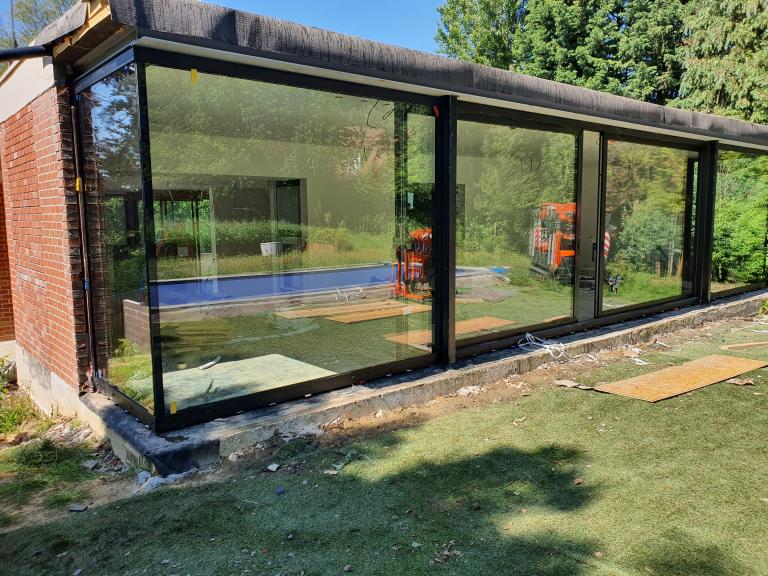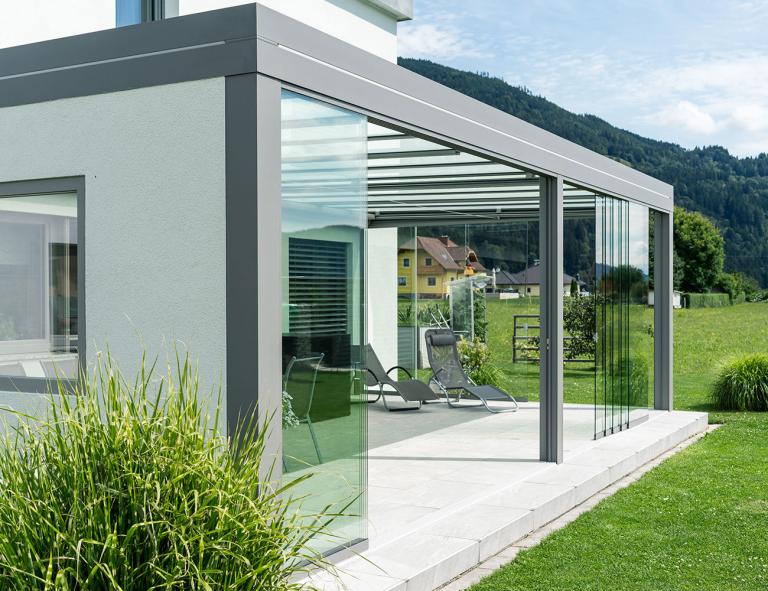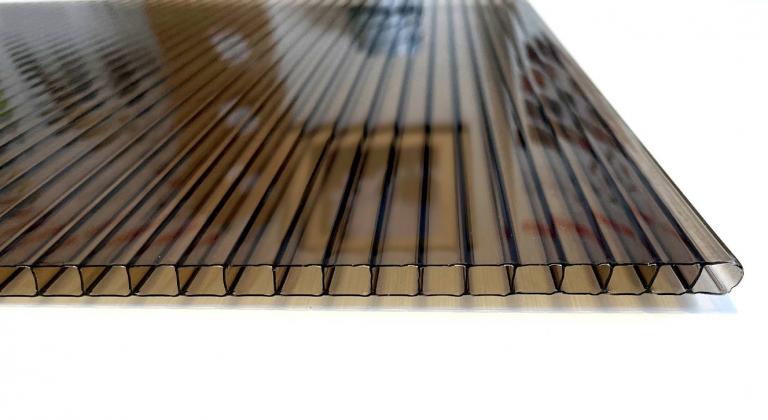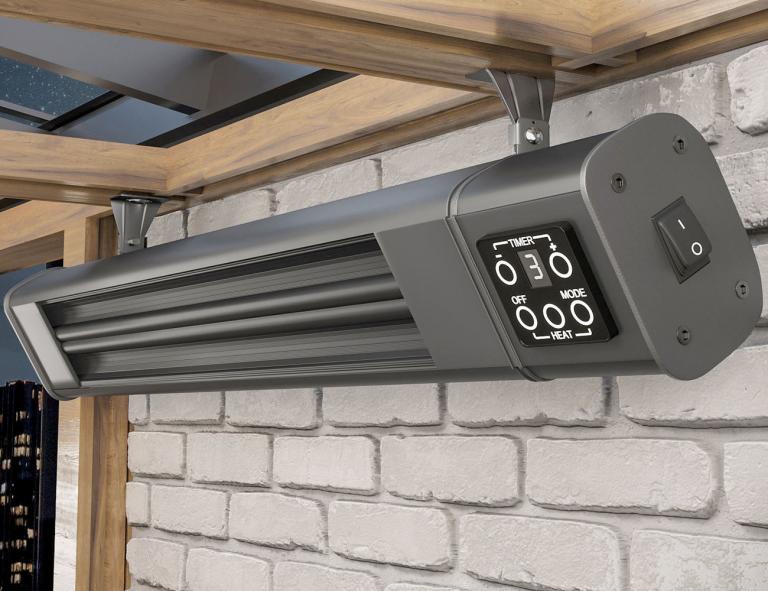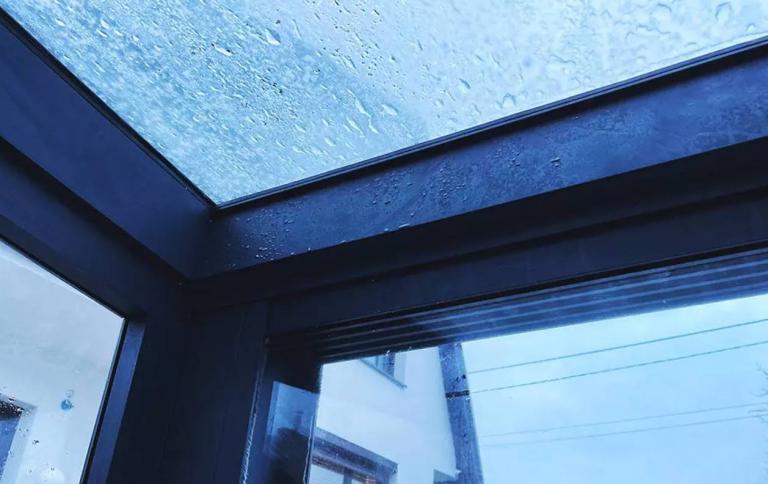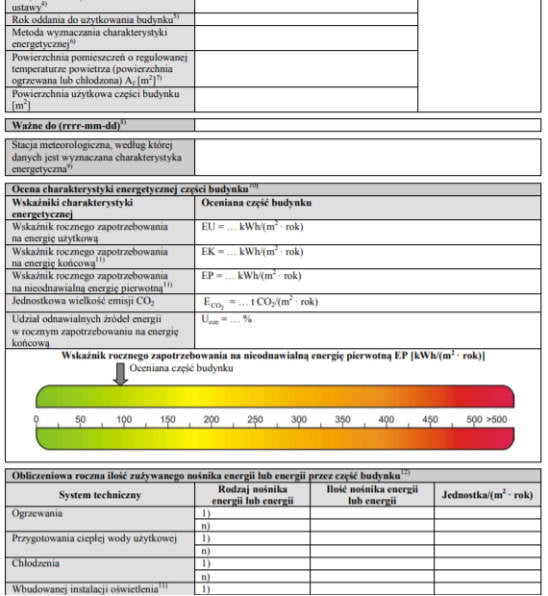Every year, in winter, many people wonder how to improve the living conditions in their garden to make better use of the available solar energy and ensure their energy independence. One of the solutions is a photovoltaic installation in the winter garden, which has its advantages and disadvantages.
Let's start with the advantages. The first, of course, is saving. Using solar energy, we will not only reduce our electricity bills, but also contribute to environmental protection. We do not have to use traditional energy sources that emit harmful substances into the atmosphere. The photovoltaic installation is also very durable and easy to maintain. Solar panels require little maintenance and can be easily repaired or replaced in the event of a failure.
Another advantage is energy independence. By using our own photovoltaic installation, we can become independent of the power grid and its price fluctuations. Thanks to this, we will have more control over our expenses and we will not be dependent on external factors. This also means that in the event of a power grid failure, we will always have a supply of energy that we can rely on.
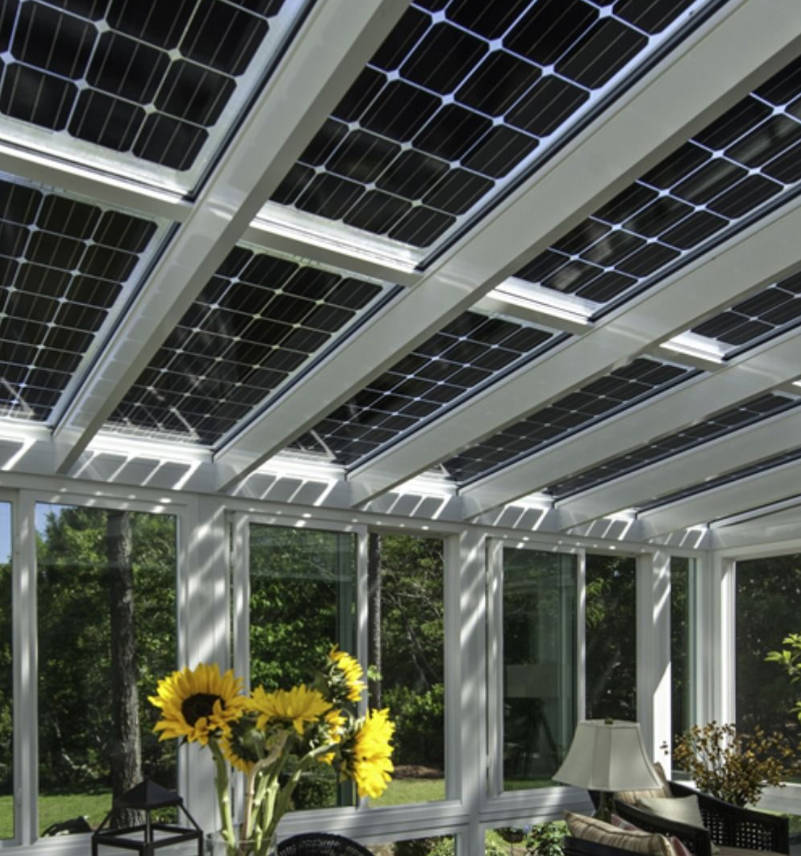
The third advantage is the ability to contribute to environmental protection. Using solar energy, we will not only reduce the emission of harmful substances, but also reduce the need for traditional energy sources. Thanks to this, we will limit the extraction of fossil fuels that are harmful to the environment. This also means that we contribute to the preservation of natural resources and prevent the depletion of energy sources.
Now let's move on to the disadvantages. The first is the high installation cost. A photovoltaic installation requires a financial investment, which is not always profitable in the short term. Although over time the cost of solar energy will be lower than that of traditional energy sources, the initial expenses are quite high and may put many people off.
The second disadvantage is dependence on weather conditions. Photovoltaic panels require good sunlight to function properly. In winter, when there is less sun, this may mean their lower efficiency.


